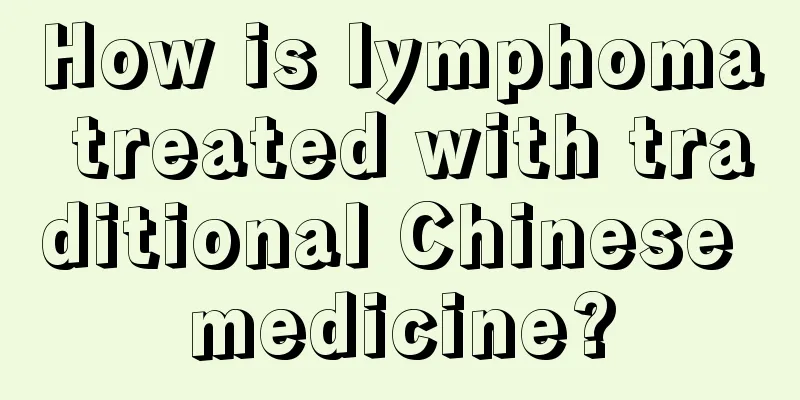Can CT scan show esophageal cancer?

|
CT scans can be used to detect esophageal cancer, especially for the size, location and metastasis of the tumor. Early diagnosis of esophageal cancer usually requires a combination of endoscopy, biopsy and imaging examinations, of which CT is an important part. 1. The role of CT in the diagnosis of esophageal cancer CT scans can clearly show the thickness of the esophageal wall, the shape of the tumor, and the invasion of surrounding tissues through tomography technology. For advanced esophageal cancer, CT can assess whether the tumor has invaded adjacent organs, such as the trachea, aorta, or mediastinum, and whether there is lymph node metastasis or distant metastasis. CT can also provide important anatomical information for surgery or radiotherapy. 2. Limitations of CT examination CT has a low sensitivity for early esophageal cancer, especially lesions confined to the mucosal layer may be difficult to detect. The diagnosis of early esophageal cancer relies more on endoscopy and biopsy. CT cannot directly distinguish between benign and malignant lesions, and a comprehensive judgment needs to be made in combination with other examination results. 3. Diagnostic process of esophageal cancer Endoscopy is the preferred diagnostic method for esophageal cancer, which can directly observe the lesion and take a biopsy. CT is used to evaluate the stage and metastasis of the tumor. PET-CT has a higher sensitivity in detecting distant metastasis and is often used for staging assessment. Endoscopic ultrasound can evaluate the depth of tumor invasion and lymph node metastasis. 4. Treatment of esophageal cancer Surgery is the main treatment for early esophageal cancer, including esophagectomy and lymph node dissection. Radiotherapy and chemotherapy are often used for patients in the middle and advanced stages, or as adjuvant therapy for surgery. Targeted therapy and immunotherapy provide new options for advanced patients. Endoscopic treatment is suitable for early intramucosal cancer, such as endoscopic submucosal dissection. 5. Prevention and early screening Quitting smoking and limiting alcohol consumption, avoiding overheated food, and controlling gastroesophageal reflux are important measures to prevent esophageal cancer. Regular endoscopic examinations are recommended for high-risk groups, such as long-term smokers and drinkers, and those with a family history of esophageal cancer. Early detection and treatment can significantly improve survival rates. CT is an important tool for the diagnosis and staging of esophageal cancer, but it needs to be combined with endoscopy, biopsy and other imaging examinations for comprehensive evaluation. Early diagnosis and standardized treatment are the key to improving the prognosis of esophageal cancer. High-risk groups should pay attention to regular screening and health management. |
<<: What to do if you have liver cancer and you sleep while sitting
>>: What kind of disease is skin cancer
Recommend
The lower front teeth cause jaw pain
The first teeth that grow after a person is born ...
What is the reason for high peroxidase
Many people find that their thyroid peroxidase le...
Which is the best hospital for treating breast cancer
Which hospital is the best for treating breast ca...
How much does it cost to have a thyroid cancer surgery?
How much does it cost to have a thyroid cancer su...
Can breast hyperplasia be treated without surgery?
Among breast diseases, the most common one is bre...
What is the nutritional value and efficacy of sea buckthorn
Judging from the numerous sea buckthorn related p...
What foods do elderly people with tongue cancer usually eat
The elderly are a relatively vulnerable group. Wh...
Effective ways to prevent ovarian tumors
Recently, more and more women have ovarian tumors...
Cure rate of tongue cancer in young people
Although society is constantly developing, medica...
Nursing measures for prostate cancer
Prostate cancer is a tumor that is very harmful t...
Nails turn yellow after removing nail polish
Many girls who love beauty will never forget the ...
What should a pregnant woman do if she suffers from melanoma
The high-risk group for melanoma is the elderly, ...
"The Golden Gun" lasts too long and causes great harm
Case: 39-year-old Liu Li (pseudonym) from Wuhan, ...
What are the benefits of gold foil for the skin
Gold foil has a certain conditioning effect on th...
Can chromosomes be treated?
Chromosomes are inherited from the parents' g...









